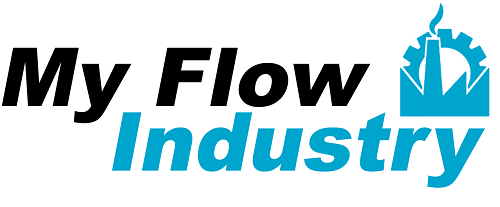
Measuring outcomes is important in any industry, but it is especially critical in the healthcare field. Healthcare providers need to be able to track patient progress and ensure that they are providing the best possible care. In this post, we will discuss the top three outcome measures in healthcare and how to track them effectively. This way, you can be sure that your patients are receiving the care they need and that you are meeting your treatment goals.
1. Patient Satisfaction
Patient satisfaction is one of the most important outcome measure in healthcare. It is a good indicator of the quality of care that a patient is receiving. There are a few different ways to track patient satisfaction. One way is to survey patients after their appointments and ask them to rate their experience. Another way is to track the number of complaints that patients make. You can also look at patient satisfaction scores from third-party organizations to get a more objective view. No matter how you track it, patient satisfaction is an important metric to keep an eye on, as it can give you insight into the quality of care you are providing.
2. Clinical Outcomes
Clinical outcomes are another essential outcome measure in healthcare. This metric looks at the health of a patient after they have received treatment. Clinical outcomes are one of the key reasons you should be measuring your outcomes, as they can give you a good indication of whether or not your treatment is effective and if it is providing the results you want. You may track clinical outcomes by looking at patient health surveys, reviewing patient medical records, or talking to patients directly. It is important to track clinical outcomes over time to see if there are any trends and if the effectiveness of your treatments is changing.
3. Financial Outcomes
Financial outcomes are the third outcome measure we will discuss. This metric includes the cost of care, the revenue generated by treatments, and other financial indicators. Financial outcomes are important to track because they can give you insight into the financial health of your healthcare organization. It can also help you to identify areas where you may be able to save money or generate more revenue. You can track financial outcomes by looking at financial reports, talking to the accounting staff, or reviewing billing data.
Wrapping Up
These are just a few of the important outcome measures in healthcare. By tracking these metrics, you can be sure that you are providing the best possible care for your patients and meeting your treatment goals. So don’t wait; start tracking your outcomes today!
